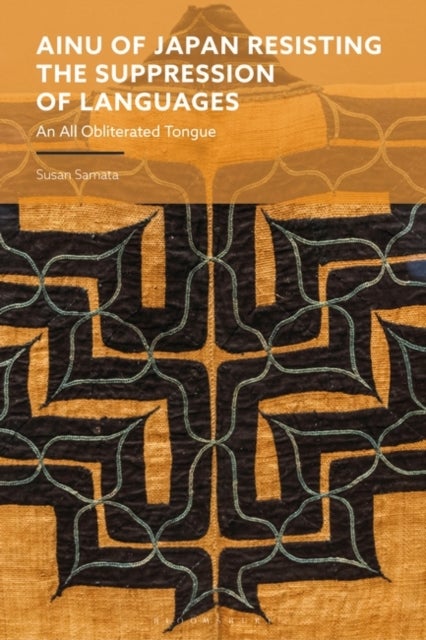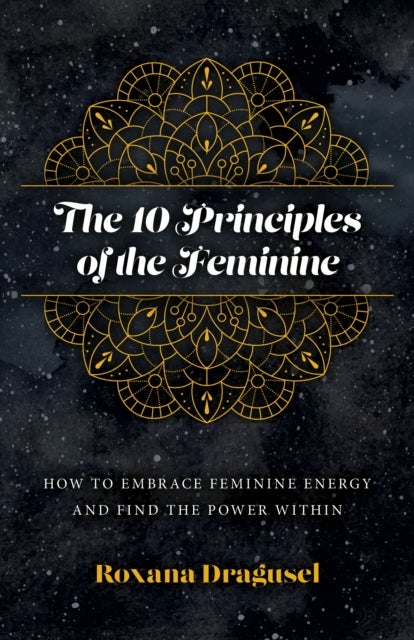
Ainu of Japan Resisting the Suppression of Languages av Dr Susan (Researcher at the Birkbeck College London Birkbeck College University of London UK)
1299,-
<b>This volume shows that, by moving away from code models that foster restrictive perceptions of language as learned words and rules, and towards an ecolinguistics capable of integrating with concepts of embodied cognition, it is possible to recognise a broad range of connections with a language from which an individual or community has become estranged. </b>Using the Ainu of Japan, an indigenous population who are concurrently completely modern, as an example and comparator, this book reviews historical and contemporary suppression of languages as a means of, or as a bi-product of, the suppression of their speakers. Preservation of the Ainu language, which had no written form, has been central to official culture promotion programs, but the language has steadily declined in use. The Ainu experience has much in common with that of communities taken over and suppressed by oppressive forces in other countries and spans rural and urban contexts. Susan Samata examines the historical, soci








